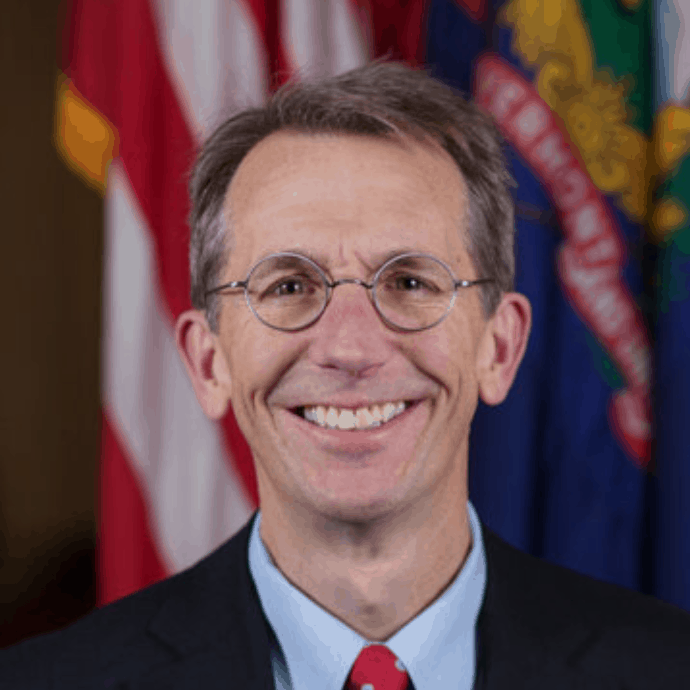The issues most important for the voters in Windsor-5 remain:
1. Education financing
2. State aid for school construction
3. Accessible housing
4. Adapting to more severe and frequent weather events.
Close behind and contributing to the high costs of living and working in Vermont is:
5. High cost of healthcare and health insurance.
On education financing:
This week,on Jan. 22, the Governor Scott will deliver a major proposal for pre-K-12 public education that will likely dominate the legislative session. He is expected to propose seismic changes to education governance, facilities, funding, and college and career readiness. His administration has provided some initial glimpses to legislative leaders, who have said there is some real promise in his proposal.
Once the governor and his administration (Agency of Education, Department of Taxes) have delivered their proposal, it will be up to the Legislature to translate it into statute and decide what they (we) can support it. Drafting the legislation will be just the beginning — the implementation will take time and significant effort across the state. In looking at all possible scenarios, the earliest that some of the ideas could be effective is 2026.
The chair of the Commission on the Future of Public Education in Vermont, Megan Roy, told a joint hearing of the House and Senate that the commission decided not to make any specific proposals for cost containment in December because it was impossible to do so without affecting governance and delivery (number of school districts, schools, and class sizes). Those policy discussions need significantly more discussion.
She cited the lack of consistent data among the school districts as making it difficult to make any hard and fast decisions.
Local voters were upset that the commission did not make any solid recommendations to help relieve pressure on the statewide education property tax. But her explanation did make sense, that any meaningful cost savings would have to involve the other two legs of the stool. With the Legislature now in full swing and the administration making a sweeping proposal, the role of the commission may have to adjust its focus to provide constructive input and feedback rather than drafting a proposal of its own. That is yet to be determined.
While the governor’s proposal is expected to be significant, it isn’t clear that there will be any cost savings in the near term. He has pledged to keep the statewide property tax level, which will require funds from other sources given the projected increase of 5.9% in school spending. To that end, he has proposed banking a significant amount ($87 million) from the Budget Adjustment Act for FY 26, most likely for “buying down” property tax rates.
Stay tuned for more information on this important topic.
I was fortunate to be assigned to the Committee on Ways and Means, which deals with raising revenues to support the state government through taxes and fees. We will be devoting 80% of our time this session to the Education Fund and finding ways to craft a fair funding formula that supports quality education that Vermont can afford.
Charlie Kimbell is the state representative for Windsor-5, which includes Woodstock, Reading and Plymouth.
Email: [email protected].




